What is Rosh Chodesh
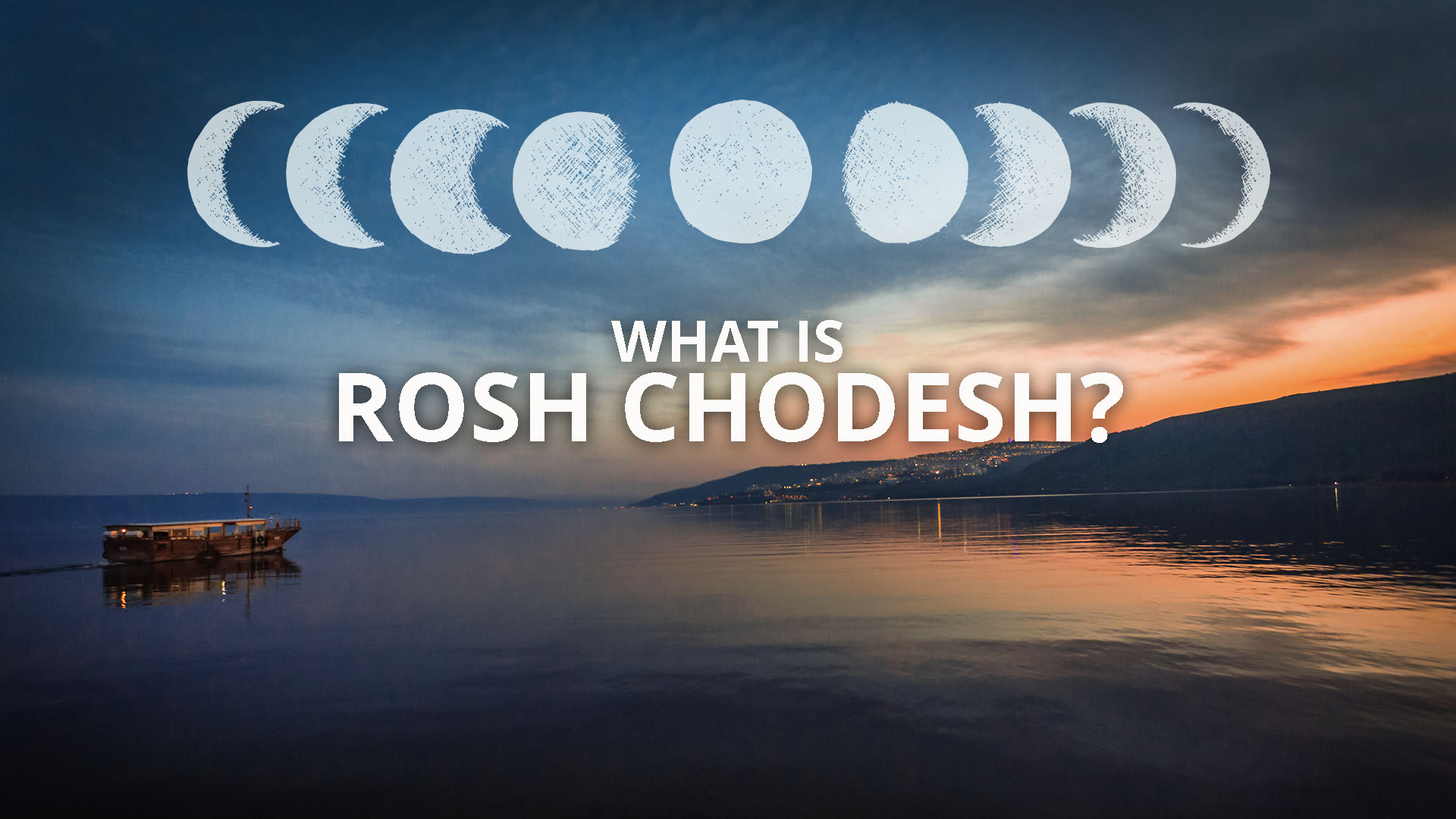

Rosh Chodesh is the Hebrew phrase “the start of the month.” It applies specifically to the start of each of the Jewish lunar months. Rosh Chodesh is quite possibly the most minor of Jewish holidays and suffers from that ailment; the familiar proverb describes, “familiarity breeds contempt.” An increasingly fast-paced society compounds this neglect. Synagogue leaders often promote how brief their weekday prayer services are, so days like Rosh Chodesh that more or less double the length of said services are even less popular. Additionally, the asceticism integral to Rosh Chodesh observance has grown increasingly unpopular as our society has grown more epicurean.
Like many religious observances, Rosh Chodesh comprises obligation and intent, or perhaps better put, law and spirit. This fact was never so clear to me as on one Yom Kippur when I noticed a person sitting beside me. He was praying the Yom Kippur service entirely from memory while reading the newspaper and pointing out interesting stories to his friend sitting next to him. By the letter of the law, to say every word of the Yom Kippur service, he had fully met his obligation. However, he was sorely lacking on the spirit side of it. When we fail to engage our mind and our soul, it is only ourselves that we are depriving. Yeshua highlighted the benefit of sincere observance when He said, “Shabbat was made for man, and not man for Shabbat” (Mark 2:27). God ordained these holidays and appointed these times for us, not the other way around.
So let us examine the purpose of Rosh Chodesh and how it can form us spiritually.
The observance of Rosh Chodesh starts with, “This month will mark the beginning of months for you; it is to be the first month of the year for you” (Exodus 12:2). In response to this text, the Midrash notes, “‘For You’, God said to Israel, ‘Until now, the sanctification of months was in My hands, from now on it is given to you.’” The first and critical part of Rosh Chodesh observance is the sanctification of the month. As a general principle, sanctification or holiness means “set apart,” and in biblical thought, set apart to God. Drawing on a foundational truth in Jewish thought, the Apostle Paul wrote, “If the firstfruit is holy, so is the whole batch of dough; and if the root is holy, so are the branches” (Romans 11:16). This same principle also generally guides us in tithing. By sacrificing a portion—or in this case, observing Rosh Chodesh and “giving” a day—we sanctify the larger whole.
By observing Rosh Chodesh, we “invite” God into the entire month and make Him Lord over all “our” time.
“On the first of the month you are to present to Adonai…the monthly burnt offering at each new moon throughout the year. Also, one male goat as a sin offering to Adonai beside the regular burnt offering is to be offered with its drink offering” (Numbers 28:11-15 emphasis added). Each holiday and Sabbath have an extra offering known in Hebrew as Musaf, which means “additional.” If you’ve read through the books of Leviticus and Numbers, you have undoubtedly encountered these Musaf offerings, and they can become quite repetitive, as they are pretty much all the same. However, the offering prescribed for Rosh Chodesh has an intriguing additional component. Namely a sin offering. While not the elaborate sin offering of Yom Kippur, it is still there. According to the Rabbis, we should repent and atone for any sins we may have committed the month before. “When the round of banquet days was completed, Job would send for them and consecrate them. He would rise early in the morning and offer burnt offerings, according to the number of them all. For Job said, ‘Perhaps my children have sinned and cursed God in their hearts’” (Job 1:5). The Rabbis connect the observance of Rosh Chodesh to that passage in Job, noting that not only can we repent of sins that we are conscious of, but also those of which we are not conscious or aware. Thus Rosh Chodesh also became known as Yom Kippur Katan—the “Small Yom Kippur.”
With the destruction of the Temple in A.D. 70, the sacrificial system came to an end. At that point, the observance of Rosh Chodesh got interesting. Fasting replaced sacrifice. The Rabbis wrote, “The person himself is like the sacrifice, and the fat and the blood that is decreased from him by means of the fast is considered the sacrifice…thus his repentance, tears, and charity on the day of the fast ascend with his is stripped from him [blood and fat] and they ascend on continuously day and night.” This insight sheds new light on the verse, “Another angel came and stood at the altar, holding a golden incense burner. He was given much incense to offer up along with the prayers of all the kedoshim [set apart ones] upon the golden altar before the throne. And the smoke of the incense, with the prayers of the kedoshim, rose before God from the angel’s hand” (Revelation 8:3-4).
Why is Rosh Chodesh considered a special holiday for women?
Rosh Chodesh holds a unique significance for women, rooted in historical and symbolic reasons. One explanation dates back to the biblical account of the Golden Calf, where it is said that the women of Israel refused to contribute their jewelry to its creation. As a result of their restraint, Rosh Chodesh was designated as a day when women could refrain from work as a recognition of their commitment.
Additionally, the connection between Rosh Chodesh and the lunar cycle has been linked to a woman’s menstrual cycle. The waxing and waning of the moon mirror the monthly rhythm of a woman’s reproductive cycle, creating a symbolic association between Rosh Chodesh and the feminine experience.
How is Rosh Chodesh celebrated in modern times?
In contemporary times, Rosh Chodesh celebrations typically begin on the Saturday before the start of a new month in the Jewish calendar. One of the key elements of the celebration is the recitation of a special prayer known as birkat ha-chodesh, which takes place at the end of the Torah reading during synagogue services.
Birkat ha-chodesh is a prayer that expresses the community’s hopes and aspirations for the upcoming month. It encompasses a range of blessings, including wishes for peace, prosperity, success in business, good health, and spiritual growth. During this prayer, the day or days when Rosh Chodesh is expected to occur are announced, along with the name of the approaching month.
What are the observances and liturgical changes during Rosh Chodesh
While Rosh Chodesh itself is considered a minor holiday, there are several significant liturgical changes that accompany its celebration. For instance, an additional paragraph is added to the Amidah (the central prayer of Jewish worship) and the grace after meals. Furthermore, an abbreviated version of Hallel (a collection of Psalms of praise) is recited and a selection from the Torah pertaining to the Rosh Chodesh sacrifice is read.
In addition to these changes in regular prayers, a supplementary service called Musaf is incorporated into the day’s religious observances. This service is conducted after the morning prayers (Shachrit) and serves as an additional opportunity for communal prayer and reflection.
Overall, contemporary Rosh Chodesh celebrations involve a combination of special prayers, liturgical additions, and communal gatherings, all aimed at ushering in the new month with blessings, gratitude, and a heightened spiritual connection.
And now, a confounding plot twist: Jewish law forbids one from fasting on Rosh Chodesh. To fix this problem, Jewish leaders pushed the fast for repentance to the day before Rosh Chodesh. Another interesting point is that the Rabbis believed that a single fast could only cover a single issue (repentance, blessing, etc.) so the Jewish mystics also fasted during the forty-eight hours after Rosh Chodesh to draw down an additional blessing for the month. We should note that one should not undertake an extended absolute fast without sufficient oversight, as it can be dangerous. That said, there is much that we can learn about the potential of observing Rosh Chodesh.
The most significant takeaway from the praxis of Rosh Chodesh is that it offers us, at least monthly, a chance to welcome God into another fundamental aspect of our lives: time. Specifically, we can invite Him to invade and bless our time. This “holiday” is an opportunity to sanctify our day-to-day lives. Please don’t pass it up!
Shemot Rabbah 12 translation is my own.
See Rashi Ad Loc
Malbim Biyur HaInyan on Job 1:5
Sefer Yamei Rachmim, Yeshivat Nahar Shalom Press, Jerusalem 2002, p195-196
"Thank you so much for the lessons you have taught! It's all coming together so we can understand so much better!"
What is Fusion with Rabbi Jason?
It is in looking back at what God has done that we can see forward to His future plans for us. “For I know the plans I have for you,’ declares the Lord, plans to prosper you and not to harm you, plans to give you hope and a future” Jer 29:11.
At Fusion Global with Rabbi Jason Sobel, we want to add definition to your faith as we restore the lost connection to our ancient roots and rediscover our forgotten inheritance.


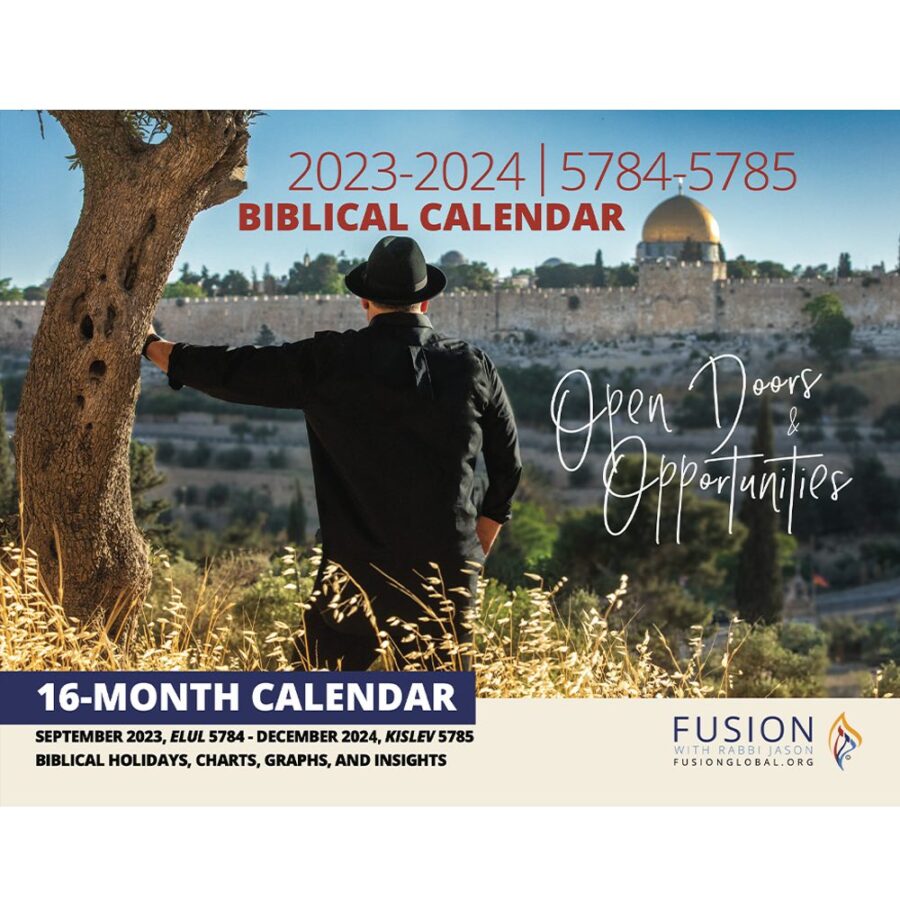

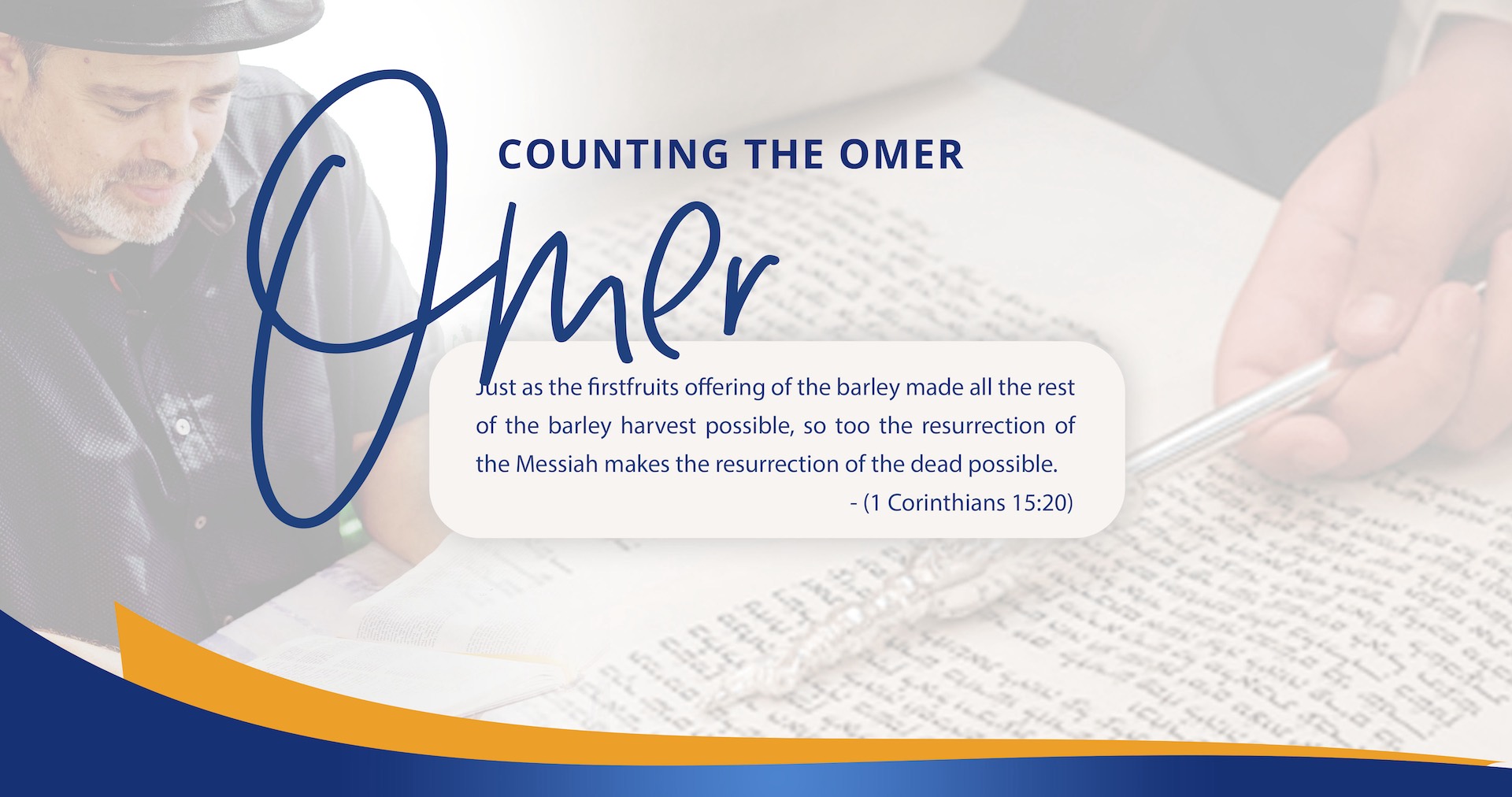
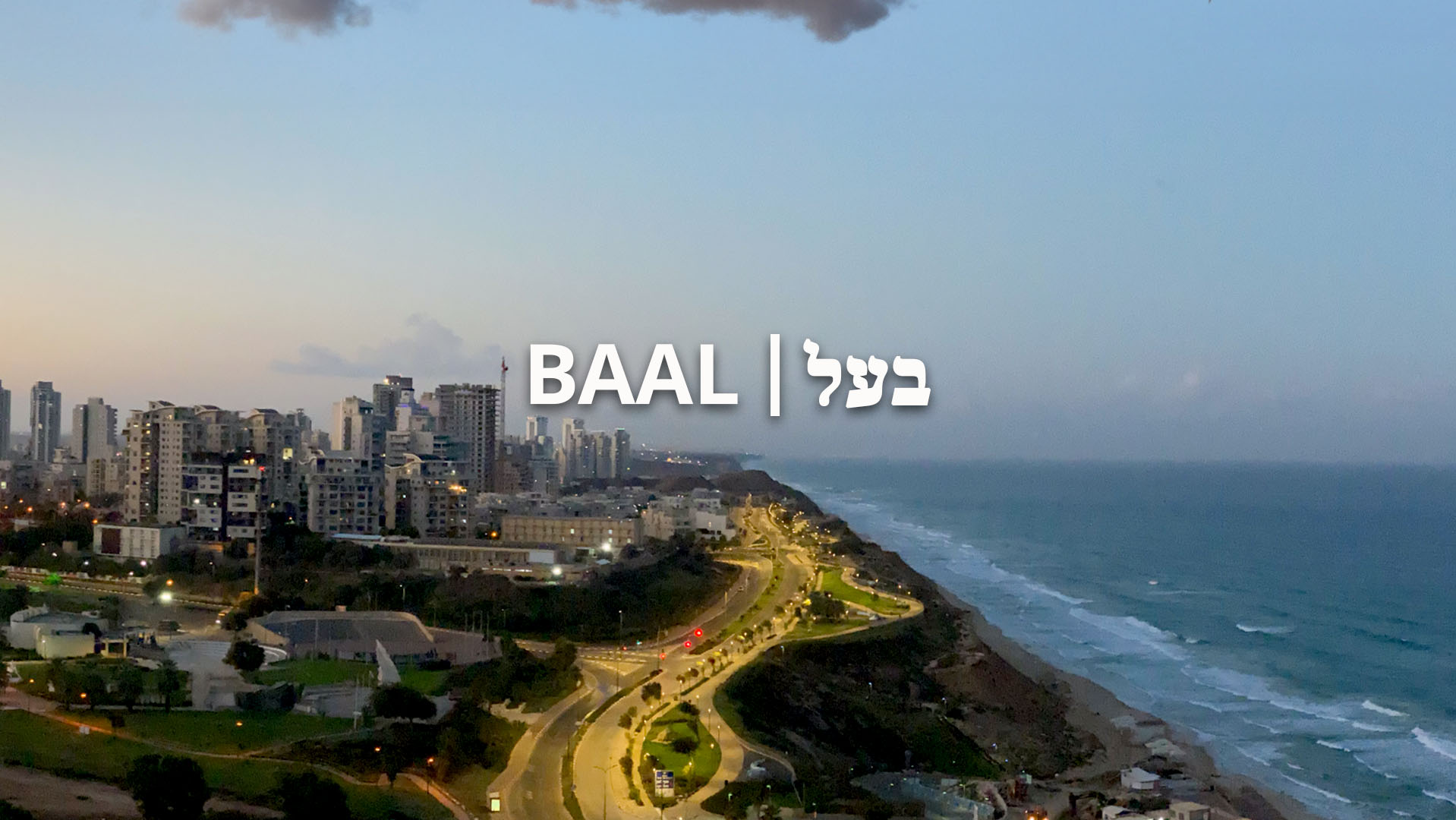
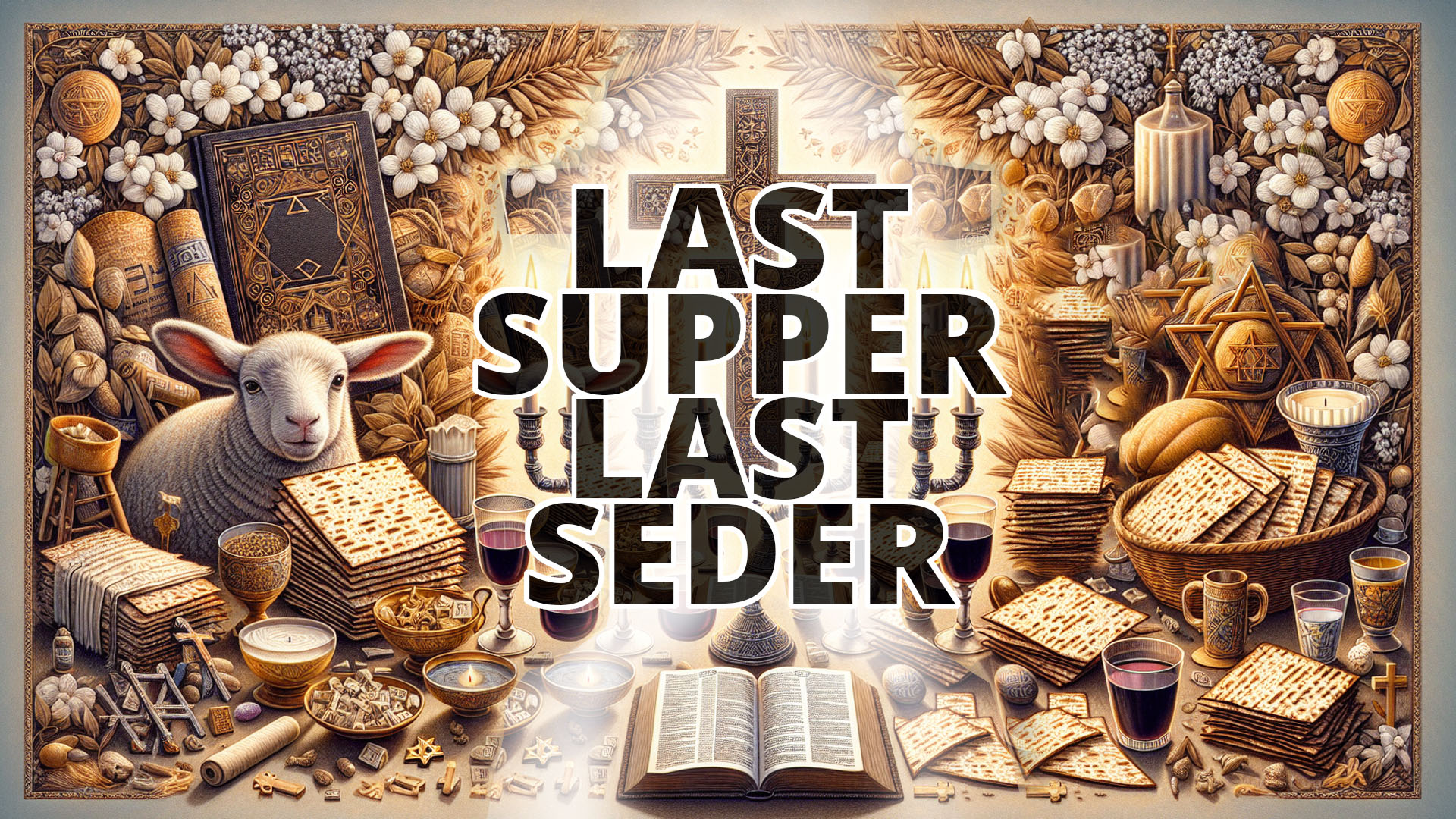
IVE LISTENED T o Rabi Jason , His understanding of the whole bible is so helpful , The hebrew alphabet with numbers really evidence of Gods correctness .